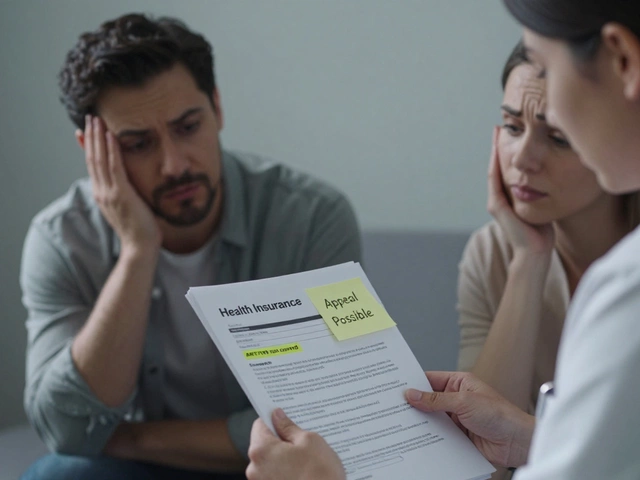Blood Sugar Pills – What You Need to Know Before You Take Them
If you have diabetes, chances are you’ve heard the term "blood sugar pills" tossed around. They sound simple, but the reality can be more complicated, especially when you consider the quality of medicines sold in India. In this guide we’ll break down how these pills work, what can go wrong, and practical steps to keep yourself safe.
How Blood Sugar Pills Work
Most blood sugar pills belong to one of three groups: sulfonylureas, biguanides, or DPP‑4 inhibitors. Sulfonylureas tell the pancreas to release more insulin. Biguanides – the most famous being metformin – lower glucose production in the liver and improve insulin sensitivity. DPP‑4 inhibitors keep the hormone GLP‑1 active longer, which helps control post‑meal spikes.
The key point is that each class has a different mechanism, and the right choice depends on your blood sugar pattern, kidney function, and other health issues. Your doctor should match the pill to your profile, not just hand you a generic tablet.
Possible Toxic Risks and Safe Practices
India’s pharmaceutical market is huge, but it also carries a risk of sub‑standard or contaminated products. Toxic substances can creep in during manufacturing or from counterfeit packs. Common red flags include: pills that dissolve too quickly, unusual colors or smells, and prices that seem too good to be true.
When a pill contains impurities, side effects can range from mild nausea to severe liver or kidney damage. Some reports link certain cheap blood sugar pills to unexplained hypoglycemia episodes, especially in elderly patients.
Here’s a quick checklist to protect yourself:
- Buy only from licensed pharmacies that display a valid drug license.
- Check the batch number and expiry date on the strip.
- Ask the pharmacist for a printed prescription label with the full drug name, not just a brand nickname.
- Report any unexpected bruising, yellowing of the eyes, or persistent stomach pain to your doctor immediately.
Even with a legitimate product, dosage matters. Taking more than prescribed won’t lower your sugar faster; it just raises the chance of hypoglycemia. Always follow the dosage guide and keep a glucometer handy.
If you’re curious about natural alternatives, remember that herbs like fenugreek or bitter melon can interact with prescription pills, sometimes amplifying the effect. Talk to a qualified practitioner before mixing anything.
In short, blood sugar pills can be lifesavers when used correctly, but ignorance about quality and dosage can turn them into hazards. Stay informed, stick to trusted sources, and keep an eye on how your body reacts.
Got a specific pill in mind? Drop a comment or ask your pharmacist for the exact ingredient list. Knowing what’s inside is the first step toward safe diabetes management.

Diabetic Pill: What Is the Number One Choice for Diabetes?
Looking for the best diabetic pill can be confusing, especially with so many options available. This article breaks down the number one prescription pill for type 2 diabetes and explains how it works. Find out why doctors often recommend it, what you should expect, and a few things to watch for. Get clear, practical tips you can use today. No fluff—just straight talk about diabetes medication.

What You Shouldn't Tell Your Therapist
Feb, 25 2025



